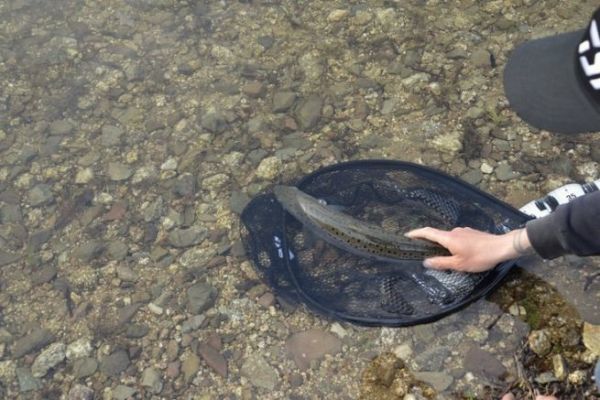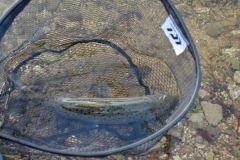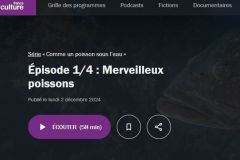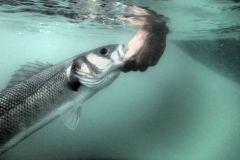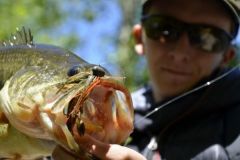Ambient stress
Fish, like all animals, are sensitive to stress caused by their environment. There are several stress factors for fish: physical factors, such as capture and handling by a fisherman; chemical factors, such as pollution or lack of oxygen; and perceived factors, such as the presence of a predator or another injured fish. These different stress factors create immediate or delayed responses, which will have an impact on the life of the fish.
Firstly, the hormone levels of a fish under stress will increase drastically. This increase, if prolonged or very strong, will modify the fish's metabolism and may create changes in its immune system. These changes can then modify the fish's feeding behavior or impair its health, growth rate, reproduction or resistance to disease.
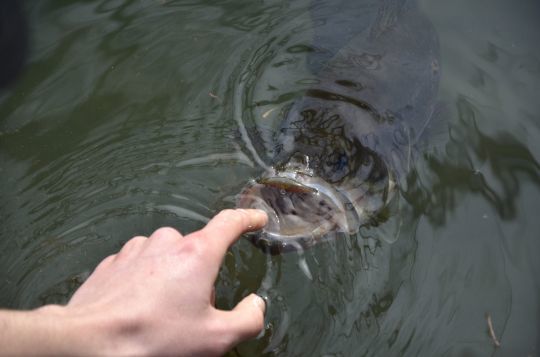
How do fish educate themselves?
After capture and handling, fish can undergo hormonal changes lasting several days, weeks or even months. Their body reacts and the brain identifies the capture as a threat to survival and tries to prevent the situation from recurring. Of course, some fish can still be captured several times, although as the number of captures increases, the chances of capture decrease.
The sound of a lure, its shape or color are then memorized and the fish is therefore likely to stop feeding on prey with the same characteristics. There are, of course, exceptions, notably during feeding frenzies when a fish may be lured several times in a very short space of time.
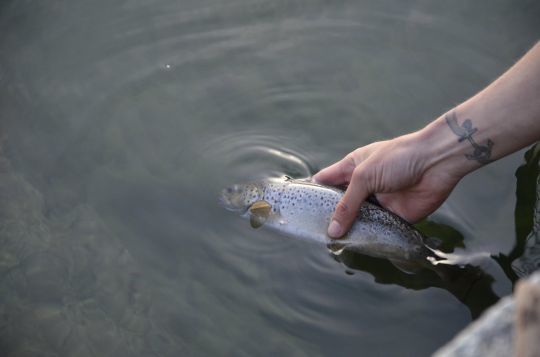
Short- and long-term impact
As anglers, we often try to convince ourselves that a fish that leaves our hands is saved and in great shape. This is obviously not true, but it is our responsibility to return fish to their environment in the best possible condition.
For example, a trout that spends more than 5 minutes in a landing net will not die immediately, but may take up to 6 days to succumb to the excessively high level of lactic acid in its blood due to fighting for too long. The majority succumb between 2 and 8 hours after capture. There's no way of totally eliminating our impact on fish, but it's our duty to do everything we can to reduce it.
